Students
The first and foremost beneficiary of EL is the student. Students are eager to have real-world experience integrating their academic learning with practical experience.
Students at Toronto Metropolitan University have multiple opportunities across campus to partake in EL. Whether these opportunities are embedded into program requirements, optional accredited undertakings, entrepreneurial endeavours or pursued through one of the 10 Zones (opens in new window) , EL plays a vital role in all aspects of the student experience. We’ve put a list together of EL opportunities happening inside and outside the classroom at Toronto Metropolitan.
Opportunity to integrate theory and practice
Develop skills, competencies and values that will support you in your career and life
Obtain increased academic and career clarity
Foster and nurture professional networks and connections
Create real-world impact through academic content
As a leader in EL, Toronto Metropolitan continuously innovates and expands upon the types of EL opportunities available to students. Below are just a few examples of what we have to offer. To find out more about the EL opportunities available to you, please visit your faculty and program websites for more detailed information. You can sometimes find this information in the course descriptions or course syllabus. If you’re interested in immersing yourself in EL opportunities outside of your program or faculty, Toronto Metropolitan offers plenty of EL-based resources available to students across campus.
Applied Research Projects
Involves a major course component, a process of substantial discovery, synthesis or application of information to solve a particular problem innovatively and originally. It can be done individually or in a team setting.
Case Studies
Case studies are opportunities for students to apply their learning to real-world scenarios by working through complex, ambiguous real-world problems.
Co-operative Education
Co-op is a method of combining classroom-based education with practical work experience. If you are interested in pursuing a co-op opportunity please visit the Career, Co-op and Student Success, TRSM Business Career Hub, (opens in new window) or FEAS Co-operative Internships (opens in new window) .
Field Placements and Experience
These experiences may be directed or mediated by an instructor and include a variety of time-sensitive tasks that require varying levels of student participation. It can consist of short-term trips, fieldwork and observational activities.
Industry and Community Research Projects
Students work on projects developed through collaboration with community partners or organizations to identify, analyze, and solve issues or opportunities.
Internships
Internships are work assignments that are part of academic programs and allow students to apply and expand their knowledge and skills in a work-related, professional environment.
Labs
Labs provide hands-on application of course concepts in a controlled environment, including observing, measuring, testing and experimenting.
Live Actor Simulation (LAS)
LAS works with faculty, staff and external clients to design and deliver authentic experiences that mirror an academic or professional environment.
Performance-based Learning
Involves an individual or team-produced dramatic, artistic or musical performance, exhibit or display prepared for an audience. It often constitutes an integral component of a course.
TMU International
TMU International manages and supports global learning programming for students, coordinates international experiences, and forms partnerships to advance community engagement, innovation and global awareness.
TMU Zones
Toronto Metropolitan’s 10 Zones provide students with the opportunity to cultivate, organize and manage a startup business, social enterprise, or innovative concept from development through to implementation.
Service Learning
Service-learning integrates community service that addresses community needs into an accredited course with an educational framework, including student reflection.
Teaching and Graduate Assistant Programs (opens in new window)
Toronto Metropolitan’s Teaching Development facilitates TA and GA EL opportunities within the Centre for Excellence in Learning and Teaching. It offers students resources for professional development in learning and teaching.
Tri-mentoring (opens in new window)
Tri-mentoring matches students with upper-year students in the same program or with similar interests and industry mentors to guide and encourage students to progress towards their goals.
TMU Leadership
TMU Leadership uses your campus and community experiences to educate and inform programs focused on your evolution as leaders. It also involves a self-directed leadership and volunteer program that connects students to volunteer opportunities on and off-campus.
Student Research (opens in new window)
Toronto Metropolitan University offers world-class training to students through EL and research opportunities. The OVPRI (opens in new window) is committed to building student capacity imparting the skills necessary to become the next generation of highly qualified personnel.
Toronto Metropolitan faculties offer students specific additional resources. Below are some of the ways your faculty can assist you. Please visit your faculty or program website for a specific overview of what is available to you.
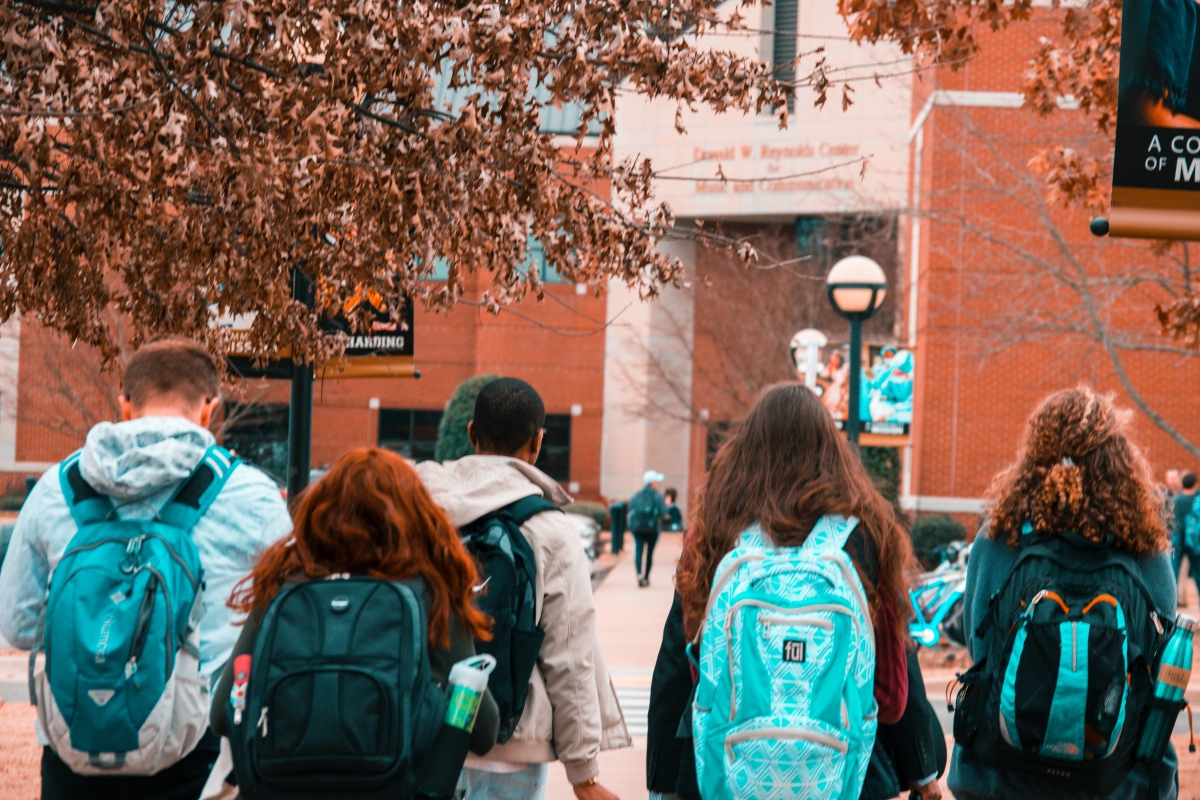 (opens in new window)
(opens in new window)
The Student Experience Centre helps Arts students engage with their faculty and community, make connections and accomplish their goals. They offer personal and career counselling, leadership training, community involvement opportunities, student funding, links to campus-wide services and more.
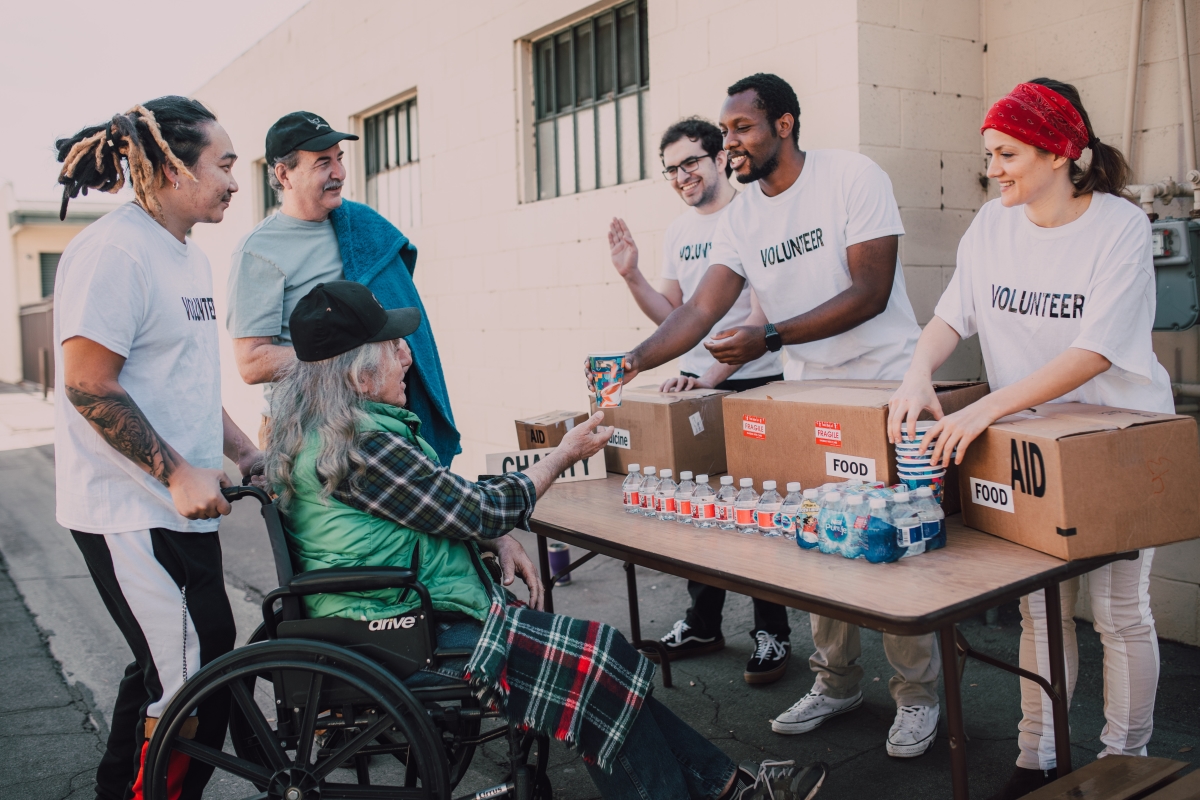 (opens in new window)
(opens in new window)
FCS Students have the opportunity to develop practical knowledge and skills through classroom learning, internships, field placements, co-op, simulations, online activities and other EL opportunities.
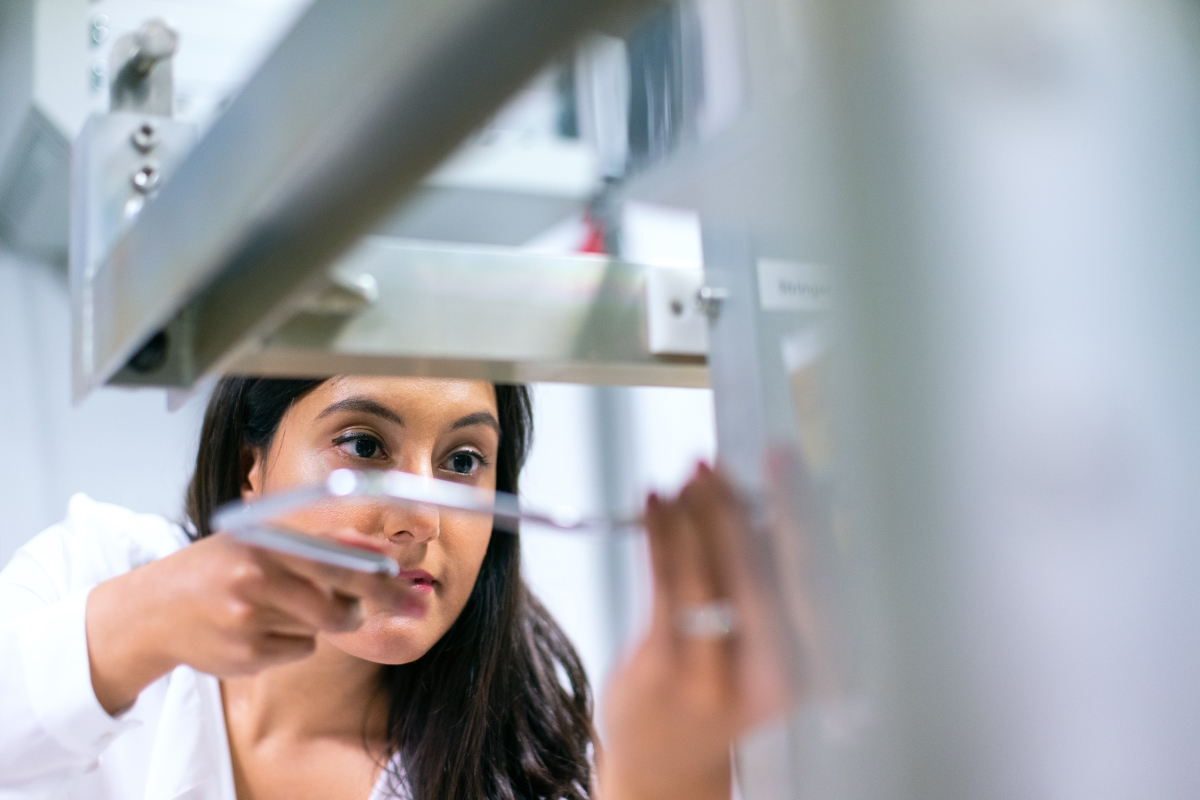 (opens in new window)
(opens in new window)
Second-year FEAS students are encouraged to explore and develop their potential while creating professional goals and developing crucial communication and interpersonal skills through the FEAS NEXT program.
 (opens in new window)
(opens in new window)
The Law Practice Program (LPP) conducted in partnership with LAS is an approved pathway to lawyer licensing in Ontario that offers simulated, virtual training with a hands-on work term.
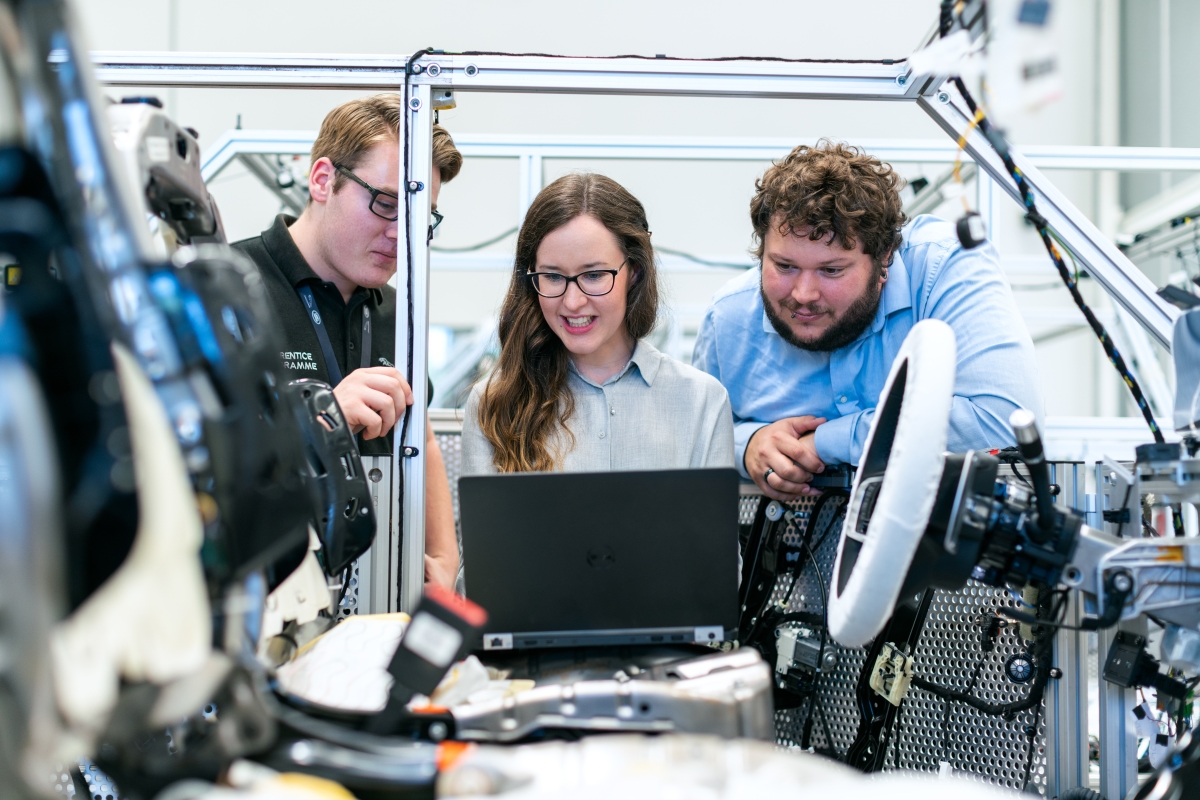 (opens in new window)
(opens in new window)
Science students have the opportunity to participate in co-op placements, global exchanges and research assistantships, among other outreach and event opportunities.
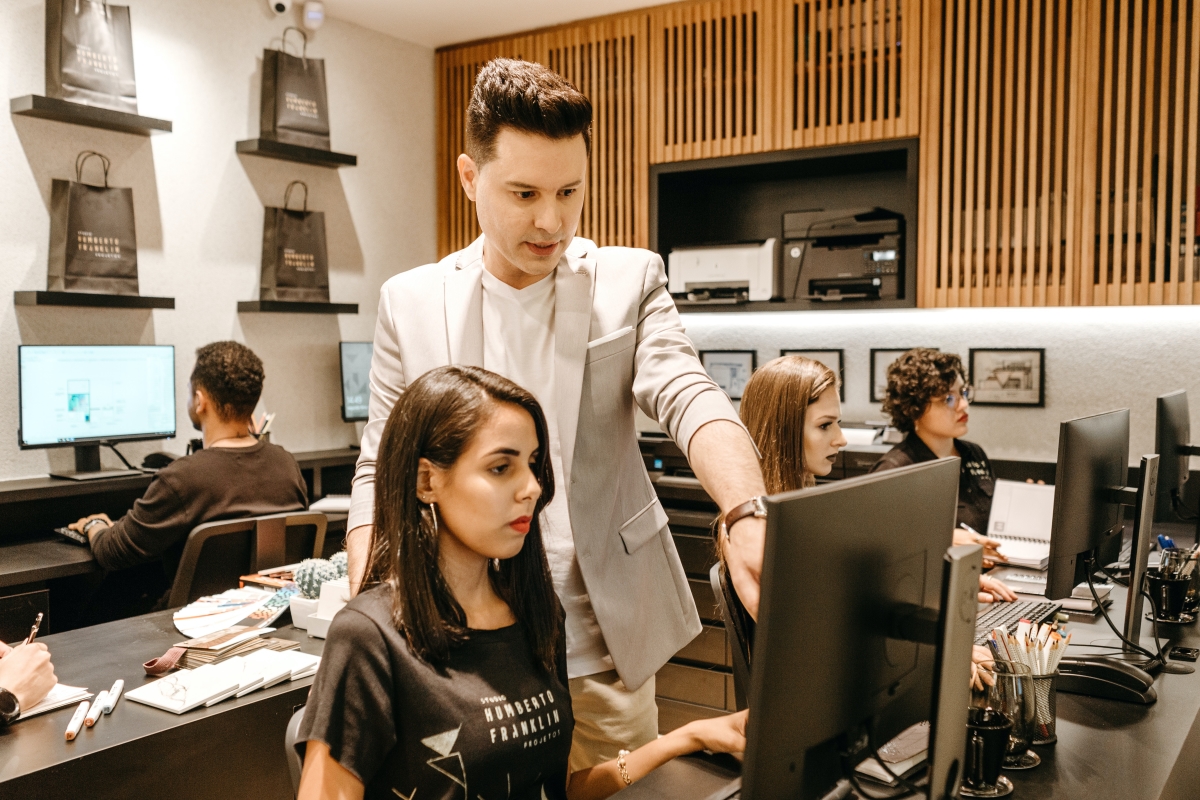 (opens in new window)
(opens in new window)
TRSM Students have access to co-op opportunities, international exchanges and career-related support through The Business Career Hub.
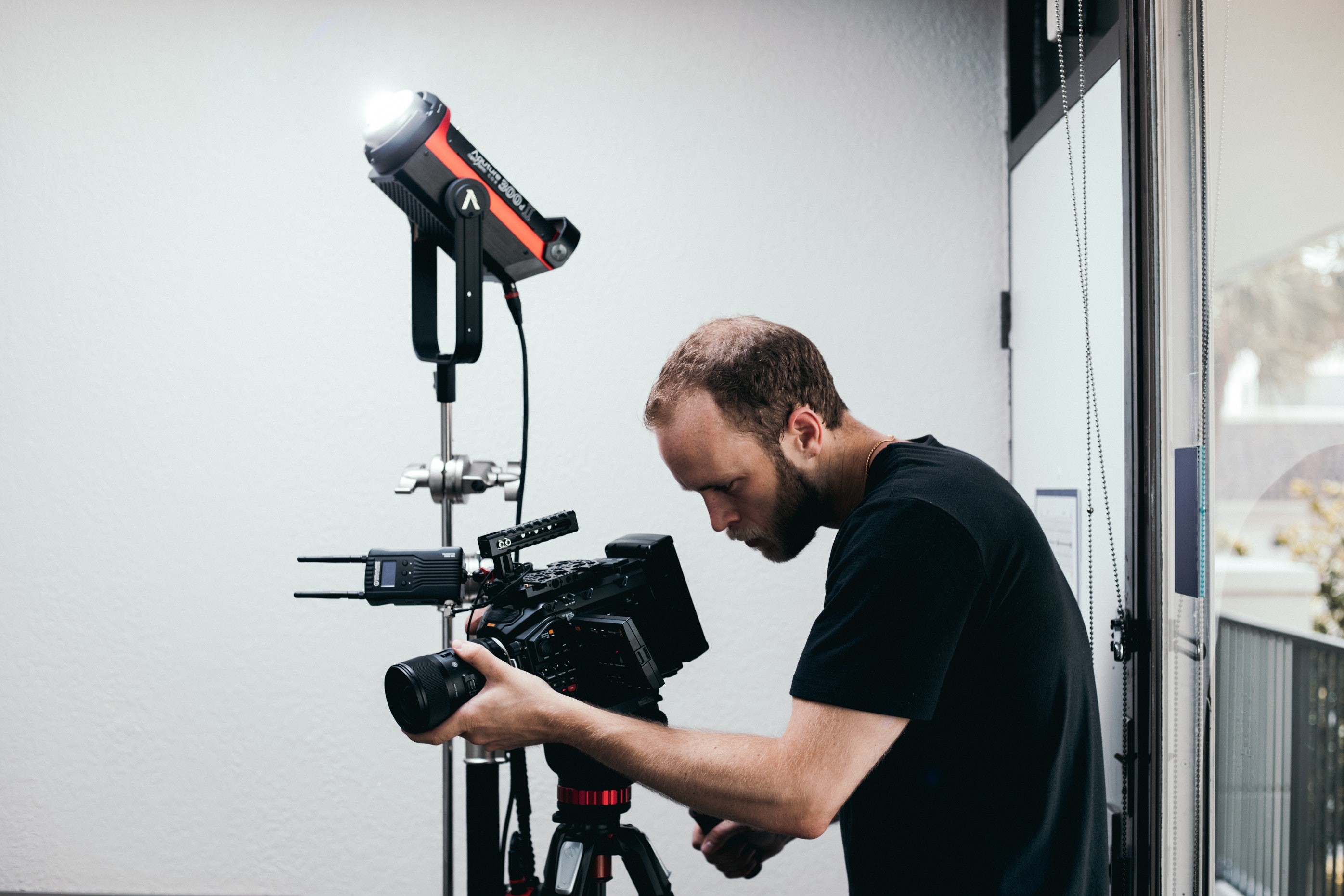 (opens in new window)
(opens in new window)
Students at the Creative School have access to EL opportunities through hands-on learning experiences, unique industry partnerships, global opportunities, or industry experience and networking partnerships.
Don't see your EL opportunity or resource here? Reach out to us at experiential@torontomu.ca and we will add it!
